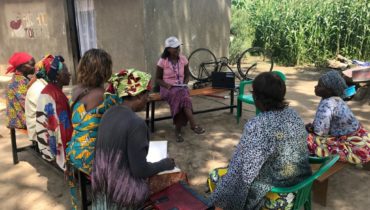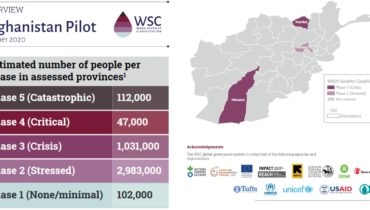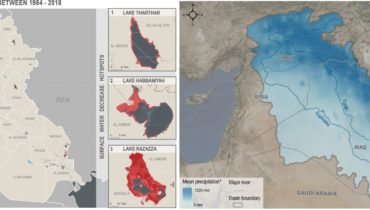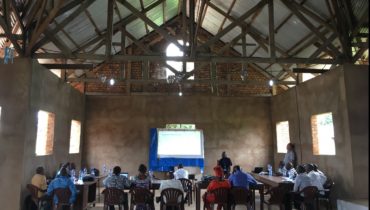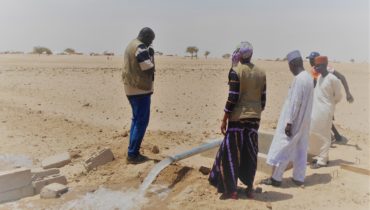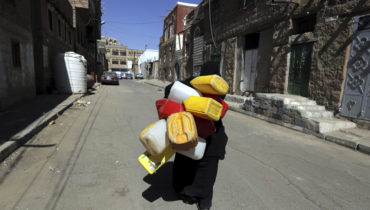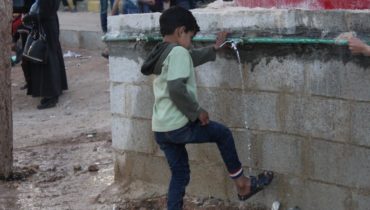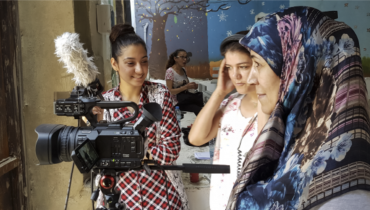Assessing Water, Sanitation and Hygiene needs of Syrian Refugees in Lebanon
3 February 2015
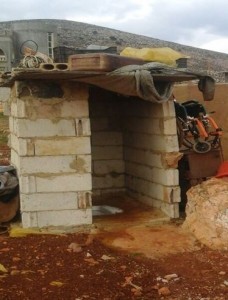
As the Syrian Crisis enters its fourth year, the number of Syrian refugees living in Lebanon is now exceeding 1.1 million[1]. Such a significant population increase has placed the country’s infrastructure under strain, notably with regards to water, sanitation, and hygiene (WASH). This has been especially true for the Akkar Governorate in northern Lebanon, which now hosts more than 110,000 Syrian refugees registered with UNHCR[2].
At the request of the WASH Working Group in Akkar, and supported by UNHCR, REACH conducted an assessment of water, sanitation, and hygiene in Syrian refugee households in Akkar Governorate, one of the poorest in the country. The assessment established a set of baseline data on the different types of WASH needs and resources of these households. It also evaluated refugees’ knowledge, attitudes and practices in order to understand the relationship between needs and practices, as a basis for humanitarian actors and the Government of Lebanon to develop more effective interventions.
The scale of the problem in Akkar was compounded by the fact that refugees live in a variety of shelter contexts and conditions, including informal settlements, unfinished buildings and homes within the host community. As access to WASH facilities and shelter type are closely related, the needs observed differed greatly, depending on where refugee families were living.
Overall, the assessment found that difficulties in obtaining safe drinking water were widespread, and highlighted a crucial need to improve latrine access and quality in a substantial majority of refugee households. It also revealed that refugees’ main health concerns were often directly linked to water, sanitation, and hygiene. While refugee households were found to have a good knowledge of the principles of hygiene and links with health, they reported that this knowledge was not always put into practice. In some cases a lack of infrastructure and resources was reported to be responsible for poor hygienic practices.
Distinguishing between the appropriateness of different types of interventions is fundamental to designing effective programming. Therefore, the gaps identified in this study need to be filled both through interventions that promote access to WASH facilities and clean drinking water, or through hygiene promotion.
The full report is available here: WASH Assessment of Syrian Refugees in Akkar Gvernorate Lebanon (Jan 2015).
[1] UNHCR (2014) “Registration Trends for Syrian Refugees in Lebanon” http://data.unhcr.org/syrianrefugees/country.php?id=122
[2] Ibid.


